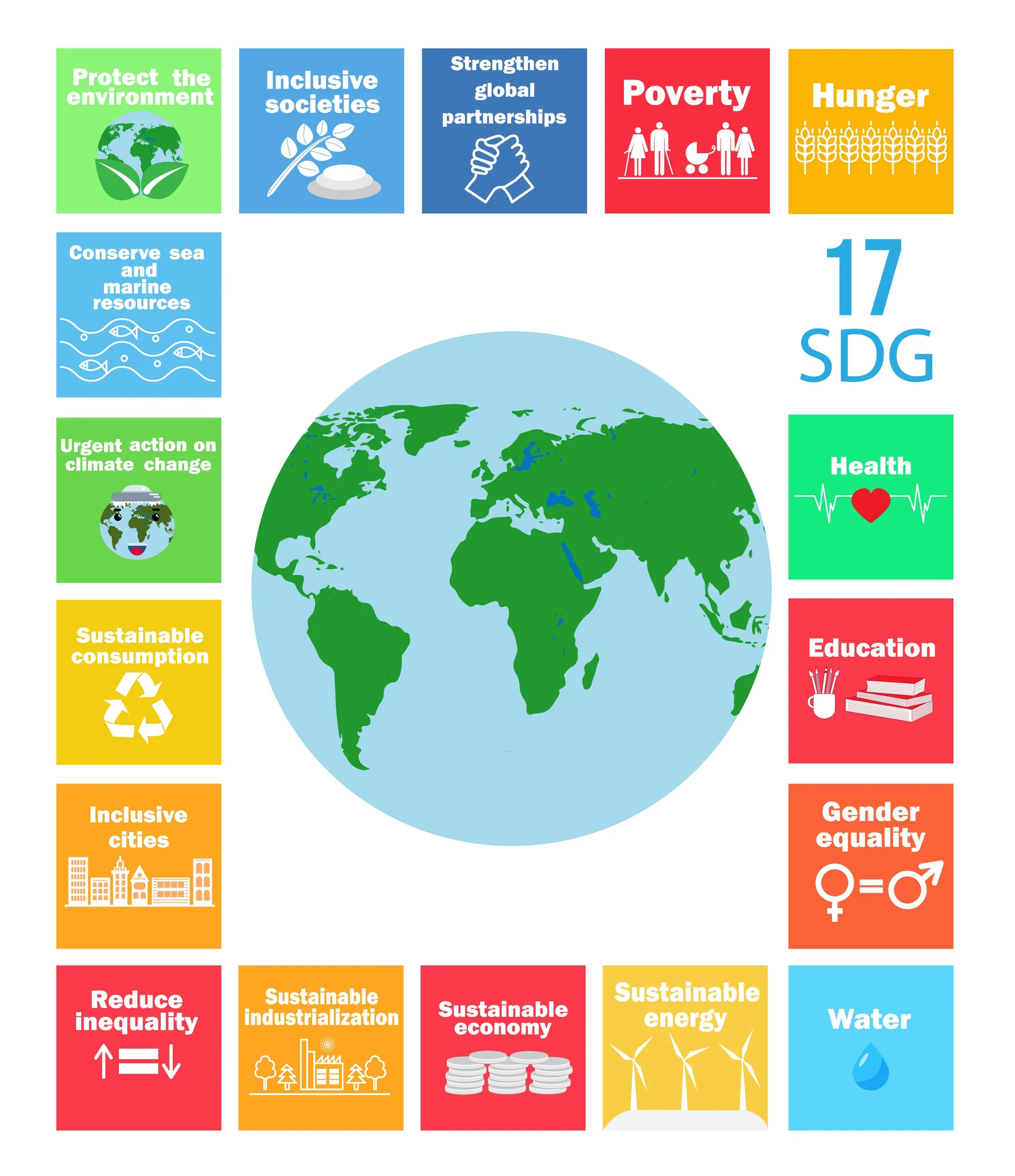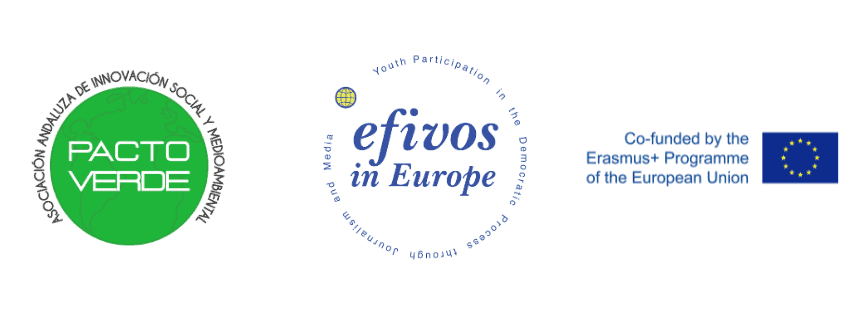La juventud desempeña un papel crucial en la implementación de los Objetivos de Desarrollo Sostenible (ODS), representando una parte significativa de la población mundial. Su participación activa en la agenda global ha sido fundamental para destacar temas como el cambio climático. La aprobación de la Agenda 2030 en 2015 por las Naciones Unidas establece 17 objetivos para erradicar la pobreza y promover la prosperidad para todos.
ODS, jóvenes, participación, desafíos

La participación activa de la juventud es fundamental para avanzar en la implementación de los Objetivos de Desarrollo Sostenible (ODS). Conformando casi una cuarta parte de la población mundial y a punto de enfrentarse a numerosos desafíos de la sociedad contemporánea, los jóvenes, de entre 10 y 24 años, tienen una influencia crucial en la agenda global. Las encuestas demuestran que la crisis medioambiental figura entre sus mayores preocupaciones, y su liderazgo ha sido fundamental para elevar este tema en la agenda política. Esto subraya la necesidad de una mayor participación juvenil en la configuración de su propio futuro. Si bien muchos de los desafíos del desarrollo sostenible afectan directamente a los jóvenes, estos no deben ser vistos como un grupo vulnerable, sino como una fuerza principal para abordar estos problemas y provocar un cambio significativo.
En septiembre de 2015, las Naciones Unidas aprobaron la Agenda 2030 para el Desarrollo Sostenible, que comprende 17 objetivos y 169 metas destinadas a erradicar la pobreza y promover la prosperidad para todos. A lo largo de este periodo de 15 años, se espera que los jóvenes desempeñen un papel fundamental en la consecución de estos objetivos. Al encontrarse en la vanguardia del progreso, ya sea como empresarios, activistas o líderes comunitarios, los jóvenes poseen una capacidad significativa para generar cambios tanto en sus propias vidas como en sus comunidades y a nivel global.
Los Objetivos de Desarrollo Sostenible representan un plan integral para alcanzar un futuro sostenible para todos, abordando desafíos globales como la pobreza, la desigualdad, el cambio climático, la degradación ambiental, la prosperidad, la paz y la justicia. Para garantizar que nadie quede rezagado, es crucial cumplir con cada uno de estos objetivos para el año 2030. Las nuevas generaciones desempeñan un papel esencial en esta Agenda para el 2030 y deben desarrollar habilidades clave para contribuir a su logro. Estas incluyen:
- Pensamiento crítico: se realizan preguntas para entender el mundo y las experiencias que tienen. Buscan el sentido, identifican y se enfrentan a la configuración del sistema.
- Liderazgo: muchos de los desafíos del desarrollo sostenible les afectan directamente y están llamados a ser actores esenciales en el logro de los ODS. Como empresarios, activistas y líderes comunitarios. Se debe empoderar a los jóvenes líderes y estimular el desarrollo de redes juveniles.
- Innovación y creatividad: tienen nuevas perspectivas además de conocer y entender mejor los problemas que enfrentan.
- Agentes de cambio: cuentan con una gran capacidad de generar un cambio. No solo en ellos si no en sus comunidades y el resto del mundo. Cada vez hay más jóvenes activistas además de contar con una mejor conexión en un mundo globalizado, pudiendo generar un mayor impacto gracias al trabajo en red.
- Comunicación: nos encontramos ante las generaciones mejor formadas de la historia. Además de las más creativas en la utilización de las tecnologías de la información, la comunicación y las redes sociales.
Los jóvenes poseen la capacidad de involucrarse activamente en la sensibilización y promoción de los Objetivos de Desarrollo Sostenible (ODS) tanto en sus comunidades como a través de plataformas digitales y otras herramientas de comunicación. Las iniciativas lideradas por jóvenes aportan enfoques innovadores y soluciones creativas para la implementación de los 17 ODS, desempeñando un papel crucial en la supervisión y seguimiento de su progreso. Además, pueden servir como facilitadores intergeneracionales, fomentando la colaboración entre diferentes generaciones para hacer realidad la Agenda 2030.
REFERENCIAS BIBLIOGRÁFICAS
- https://elpais.com/elpais/2018/01/26/planeta_futuro/1516981548_248304.html
- https://www.un.org/sustainabledevelopment/es/sustainable-development-goals/
Rebeca García
Youth and their relevance to the SDGs
Youth play a crucial role in the implementation of the Sustainable Development Goals (SDGs), representing a significant portion of the world’s population. Their active participation in the global agenda has been instrumental in highlighting issues such as climate change. The adoption of the 2030 Agenda in 2015 by the United Nations established 17 goals to eradicate poverty and promote prosperity for all.
SDGs, youth, participation, challenges.

The active participation of youth is critical to advancing the implementation of the Sustainable Development Goals (SDGs). Making up nearly a quarter of the world’s population and poised to face numerous challenges in contemporary society, young people, aged 10-24, have a crucial influence on the global agenda. Surveys show that the environmental crisis is among their greatest concerns, and their leadership has been instrumental in elevating this issue on the political agenda. This underscores the need for greater youth participation in shaping their own future. While many of the challenges of sustainable development directly affect young people, they should not be seen as a vulnerable group, but as a major force in addressing these issues and bringing about meaningful change.
In September 2015, the United Nations adopted the 2030 Agenda for Sustainable Development, which comprises 17 goals and 169 targets aimed at eradicating poverty and promoting prosperity for all. Throughout these 15 years, young people are expected to play a key role in achieving these goals. By being at the forefront of progress, whether as entrepreneurs, activists or community leaders, young people have a significant capacity to bring about change in their own lives, in their communities and globally.
The Sustainable Development Goals represent a comprehensive plan to achieve a sustainable future for all, addressing global challenges such as poverty, inequality, climate change, environmental degradation, prosperity, peace and justice. To ensure that no one is left behind, it is crucial to meet each of these goals by 2030. New generations play an essential role in this 2030 Agenda and must develop key skills to contribute to its achievement. These include:
- Critical thinking: they ask themselves questions to understand the world and the experiences they have. They search for meaning, and identify and confront the configuration of the system.
- Leadership: many of the challenges of sustainable development affect them directly and they are called to be essential actors in achieving the SDGs. As entrepreneurs, activists and community leaders. Young leaders should be empowered and the development of youth networks should be encouraged.
- Innovation and creativity: they have new perspectives as well as a better knowledge and understanding of the problems they face.
- Agents of change: they have a great capacity to generate change. Not only in themselves but also in their communities and the rest of the world. There are more and more young activists as well as having a better connection in a globalized world, being able to generate a greater impact thanks to networking.
- Communication: we are facing the best-educated generations in history. They are also the most creative in the use of information technologies, communication and social networks.
Young people have the capacity to actively engage in raising awareness and promoting the Sustainable Development Goals (SDGs) both in their communities and through digital platforms and other communication tools. Youth-led initiatives bring innovative approaches and creative solutions to the implementation of the 17 SDGs, playing a crucial role in monitoring and tracking their progress. In addition, they can serve as intergenerational facilitators, fostering collaboration between different generations to make the 2030 Agenda a reality.
BIBLIOGRAPHIC REFERENCES
- https://elpais.com/elpais/2018/01/26/planeta_futuro/1516981548_248304.html
- https://www.un.org/sustainabledevelopment/es/sustainable-development-goals/


